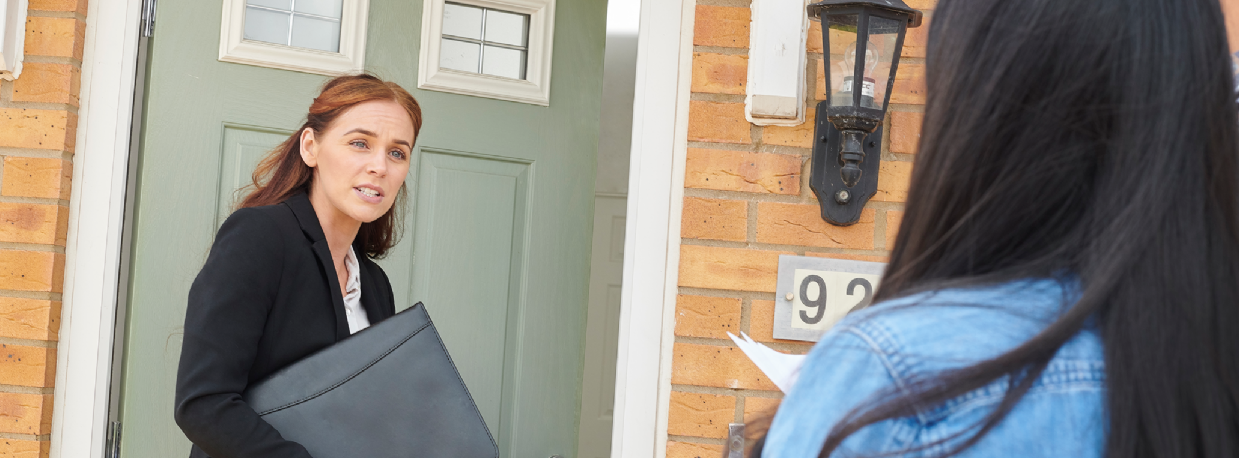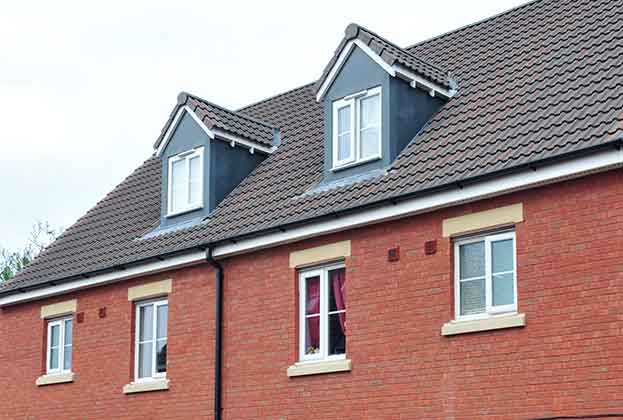There are many questions to ask before, during and after viewing a house or flat, and each one is valuable in helping you to build a picture of your potential new home. Here we have compiled 20 key questions.
Head to our property page for all of our listings across the UK. If you want more information on the house-buying process, take a look at our stage-by-stage breakdown, covering mortgage obtainment to the drafting of contracts.
1. How long has the property been on the market?
This is useful as an indication of demand; if it’s been available for some time, it might suggest the price is a little high for current market conditions.
2. Has it always been listed at the same price?
Good to establish where the vendors’ expectations might sit. If they’ve recently reduced, then they might not be open to offers below this new guide price.
3. Do you have comparables at this price?
This will give backing to the valuation and confidence that you are paying the right price. It will also show the knowledge and experience of the agent.
4. Have they had any offers yet?
Again, a good way to judge the level of interest.
5. Where’s the boiler?
We’re invariably asked this. Buyers like to gauge the age of the boiler and whether it might need to be replaced in the short term.
6. Why are the vendors moving?
It’s always nice to know if the vendors are selling their much-loved family home of 20 years, whether they have been posted overseas or they simply fancy a lifestyle change in a new area.
7. How many children do they have?
Buyers like to know how suitable the property will be for the number of children they may be planning to have.
8. What is the length of the lease
Only applicable if you’re buying a leasehold property. A lease with a low number of years remaining will need to be extended and, depending on the circumstances, this could be a significant cost for the buyer during their ownership.
9. Service charge and ground rent?
If applicable, it’s important to know the ongoing costs of a potential purchase so you can fully understand whether you’ll be able to afford the property over the coming years, not just the initial purchase price.
10. Who is the freeholder and managing agent?
Again, if applicable, some buyers like to have a direct line of communication to the freeholder, while others might prefer an efficient managing agent who is readily available with contractors on hand for anything that goes wrong.
11. What is the local area like?
A viewing is a good time to get an understanding of the general demographic of the neighbourhood, how family friendly it is or how suitable it is for someone who enjoys good nightlife close by.
12. What way does the garden face and how big is the plot?
We get asked this on nearly all viewings. Most buyers prefer a garden which faces south or west; however, there are benefits to a north-facing garden – for example in the heat of the summer the rear of the house remains much cooler. If it’s a large garden, then orientation doesn’t matter so much as you can position terraces and seating areas further away from the house to capture the sun.
13. What are the local schools like?
For families it’s comforting to know that they might have a range of good schools close by to choose from, either state or independent.
14. How far is the local school/station/park
Commute time is often an important factor and this includes the walking or driving distance to the nearest station. It’s the same for schools and local open spaces.
15. Does the area have good transport links?
What are the train times like? Are you on a bus route? Always good to know, but especially if you rely on public transport for work.
16. What items are included in the sale?
It’s important to establish what is automatically included in the sale and what the vendors might also be willing to include through further negotiation.
17. Is the house a flood risk/has the property ever flooded?
If purchasing near a river it’s important to know if the property has a history of flooding and, if so, have the vendors put measures in place such as sump pumps and effective tanking?
18. When was the extension/refurbishment work done?
Always good to understand who did the work and what warranties might be available for various items.
19. Are there any developments planned close by?
This could have a material impact on a buyer’s decision to purchase. It will come up later in searches that a solicitor will conduct, but if the buyer knows at the outset then they can make an informed decision without incurring any legal, lender or surveyor costs.
20. Is the property listed?
This should be stated in the brochure but it’s useful to discuss what it could mean when you are looking around especially if you think you might want to make alterations.
Further information
The house-buying process explained

.jpg)
.png)




.jpg)


